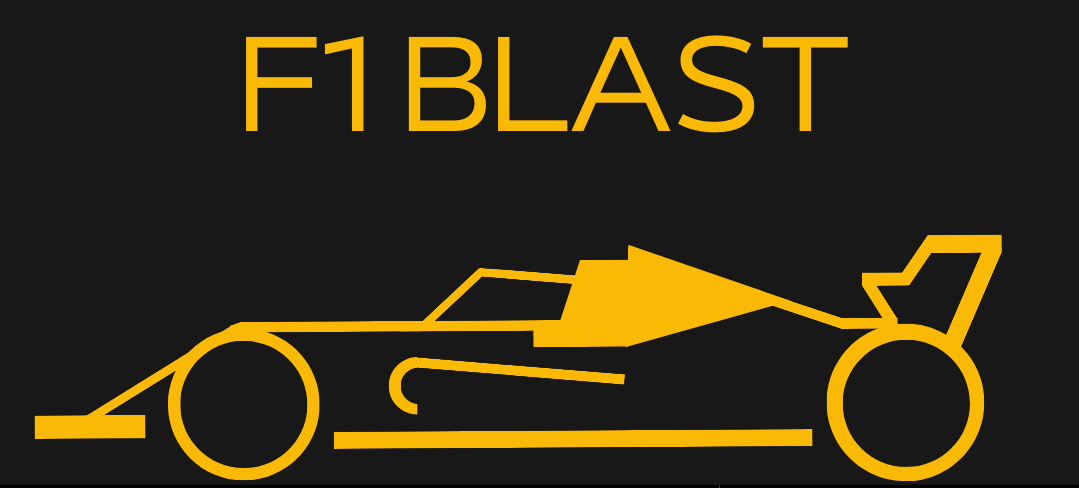Despite a very rich history, Formula 1 often lacked representation from racial, ethnic and religious minorities. With a huge coverage and a window to the world of sports. Since the inception of Formula One in 1950, there have been a handful of Jewish F1 drivers that have competed at the pinnacle of motorsports. While not an extensive list, these drivers have made an impact during their time in F1.
Jody Scheckter
Arguably the most successful of all Jewish F1 drivers history is Jody Scheckter. The South African raced in Formula One from 1972-1980, scoring 10 wins and 20 podium finishes in his career. He won the 1979 World Championship, giving engineer Harvey Postlethwaite his one and only title success.
Scheckter made his debut at the 1972 United States Grand Prix with McLaren. He switched to Tyrrell for the following two seasons, taking his first podium at the 1974 Swedish Grand Prix. Scheckter joined Walter Wolf Racing in 1977, scoring the team’s only victory at the 1977 Argentinian Grand Prix.
His success caught the attention of Ferrari, who signed him for the 1979 season. Scheckter won the opening round in Argentina and ultimately clinched the championship at the Italian Grand Prix, Ferrari’s last drivers’ title until 2000.
After a difficult 1980 season, Scheckter announced his retirement from the sport at just 30 years old. He competed in 112 Grands Prix in total, with his final race being the 1980 Canadian Grand Prix.
Rupert Keegan
British driver Rupert Keegan competed briefly in Formula One between 1977-1982. He participated in 37 Grands Prix, scoring no championship points during his time in the sport.
Keegan primarily drove for backmarker teams such as Hesketh and Surtees. He managed a career-best finish of 7th at the 1977 Austrian Grand Prix. Following two unsuccessful seasons in F1, Keegan left to race in domestic championships before making a comeback in 1980.
He returned with RAM Racing, only for results to remain few and far between. Keegan switched to March Engineering in 1982 but continued to struggle, with a 12th place finish at the season-ending Caesars Palace Grand Prix marking the end of his F1 career.

Lance Stroll
The most recent Jewish driver to race in Formula One is Montreal-born Lance Stroll. The son of billionaire businessman Lawrence Stroll, Lance began his driving career by competing in karting events as a youngster.
After winning titles in Formula 4 and Formula 3, Stroll graduated to F1 with Williams in 2017. He gained notoriety that season by becoming the youngest rookie podium finisher in the sport’s history.
Stroll switched to Racing Point, his father’s backed team, in 2019. He scored another podium in a chaotic 2020 Italian Grand Prix. Stroll took the first pole position of his career later that year in Turkey.
When Racing Point transitioned to Aston Martin in 2021, Stroll remained with the team. He continues to drive for Aston Martin as of the 2024 season, having achieved three podium finishes across his career up to date.
Brief Careers of other jewish f1 drivers
While not experiencing the longevity of Scheckter or Stroll, two other Jewish drivers had brief stints in Formula One:
- South African Basil van Rooyen – Van Rooyen participated in two South African Grands Prixs in 1968 and 1969, failing to score any championship points.
- Israeli Chanoch Nissany – Nissany was given the opportunity to take part in free practice at the 2005 Hungarian Grand Prix with Minardi at the age of 41. However, he never competed in an F1 race.
Legacy and Impact
Although there have only been a handful of Jewish F1 drivers in the history, their contributions have left a lasting legacy. Scheckter proved that a Jewish driver could reach the pinnacle of the sport by winning the world championship.
Stroll has the opportunity to inspire future generations of young Jewish F1 drivers aspiring to race in Formula One at one day. As the only current Jewish driver on the grid, he serves as an important role model through his perseverance and determination to establish himself in Formula One’s competitive environment.
While religion and background have little influence on the track, it is nonetheless significant to see Jewish drivers succeed in Formula One. As the sport continues to grow its fanbase and expand across the globe, perhaps there will be more Jewish drivers joining the elite ranks of F1 in the future.
Check out my other project in Polish, where we’ve published a free Fan Guide for F1 2025 season

